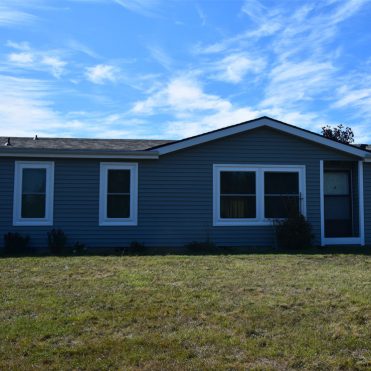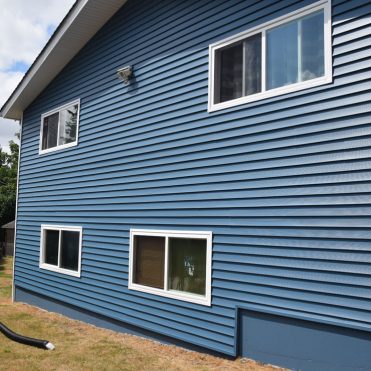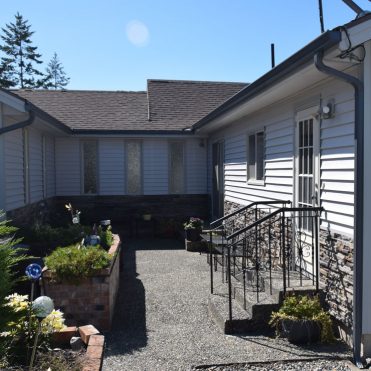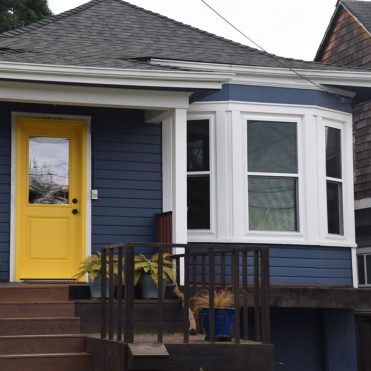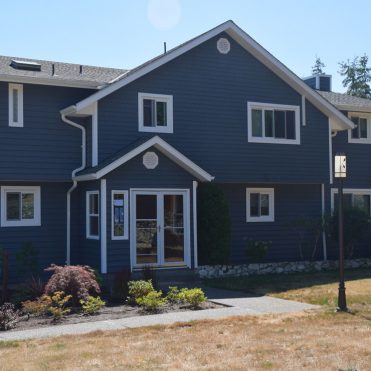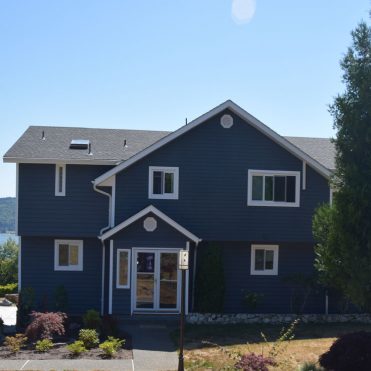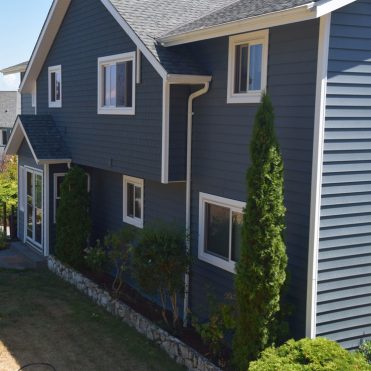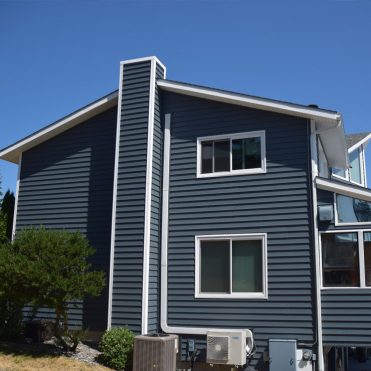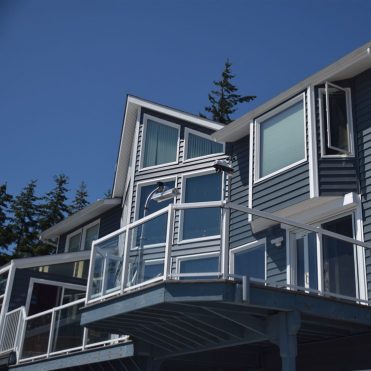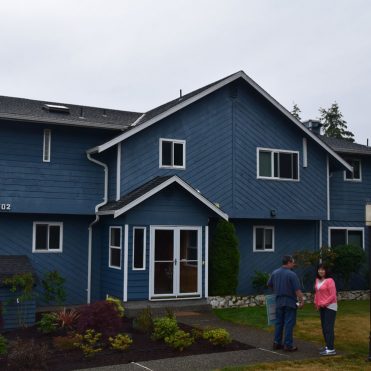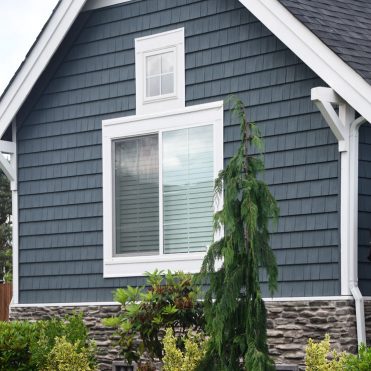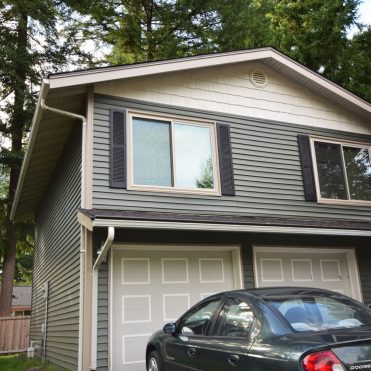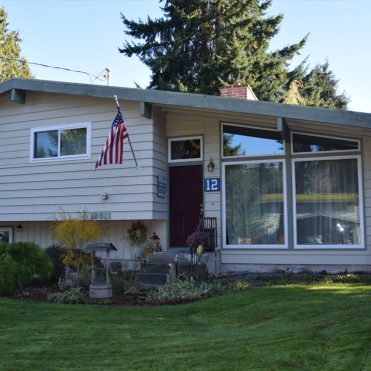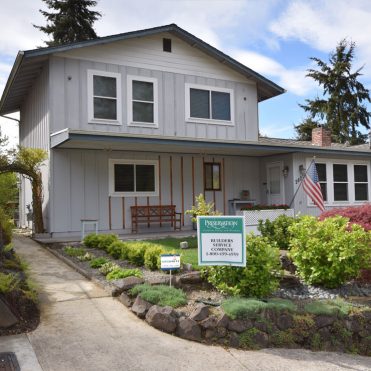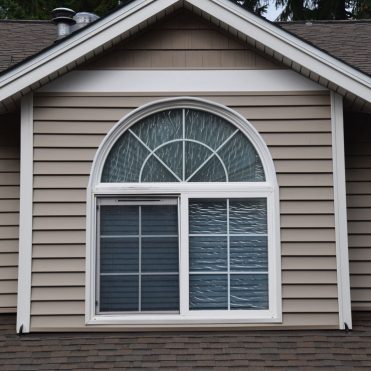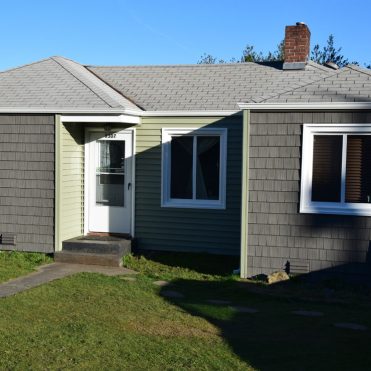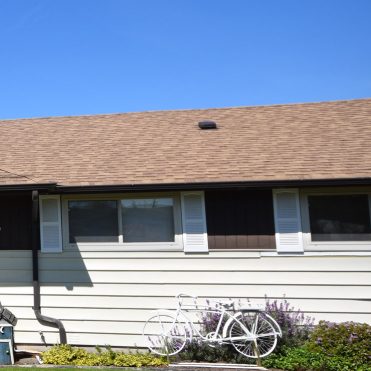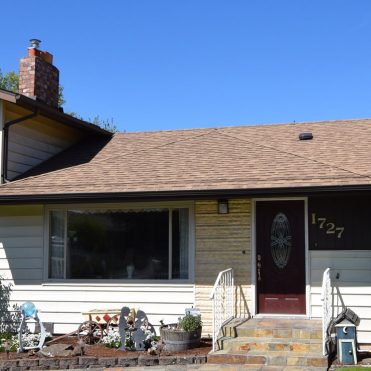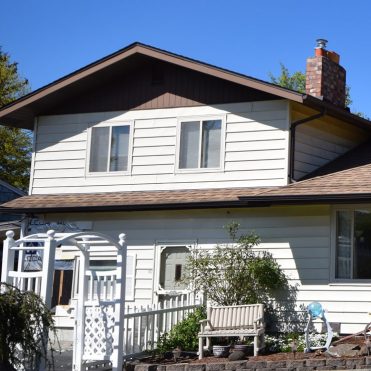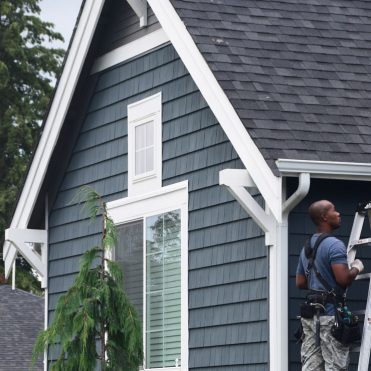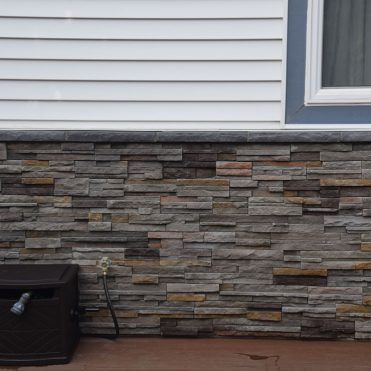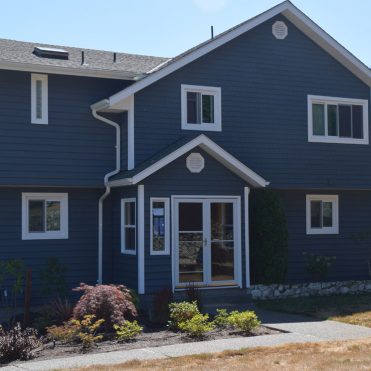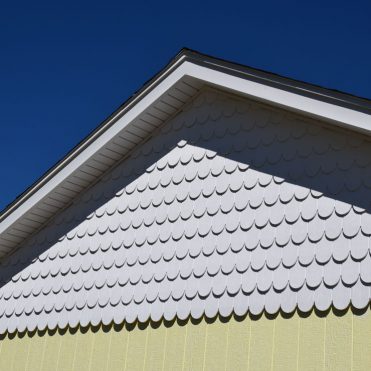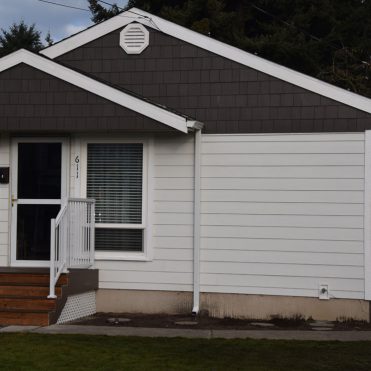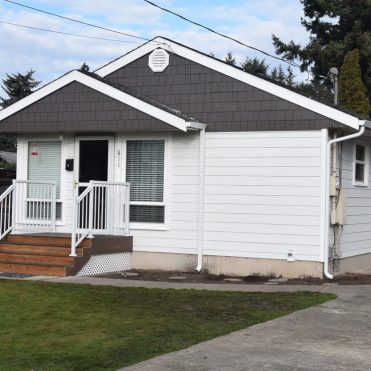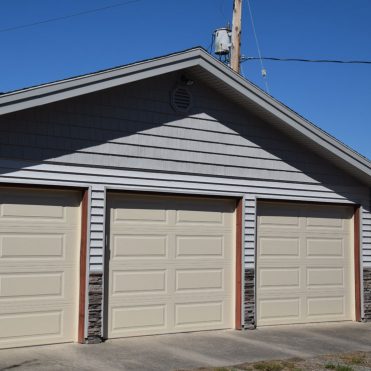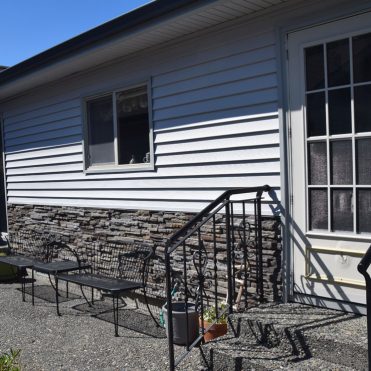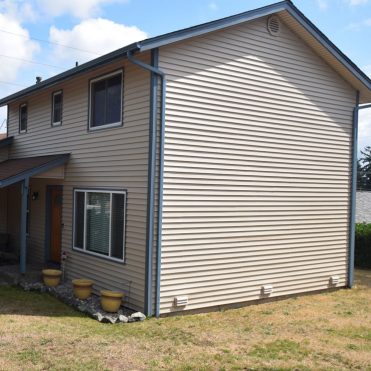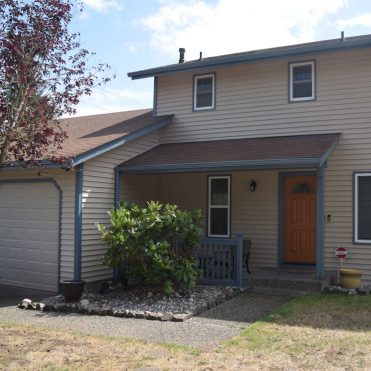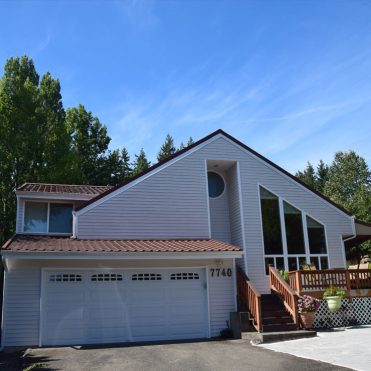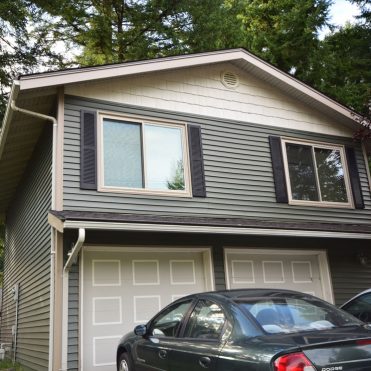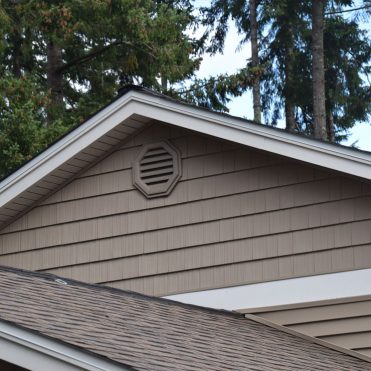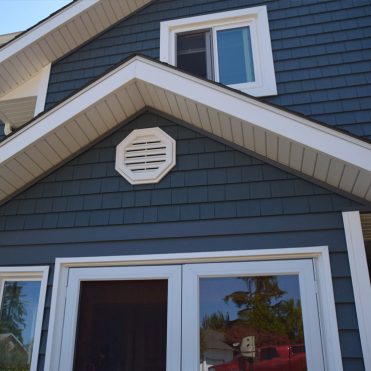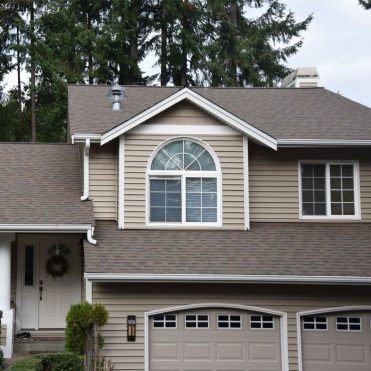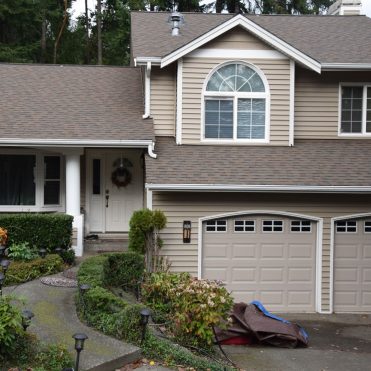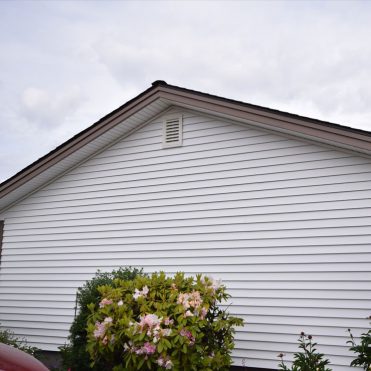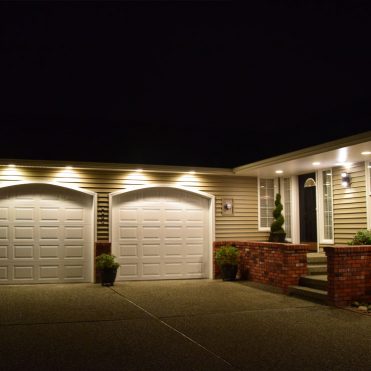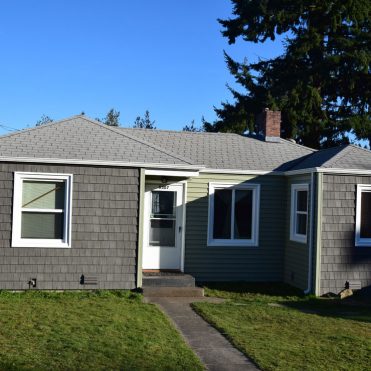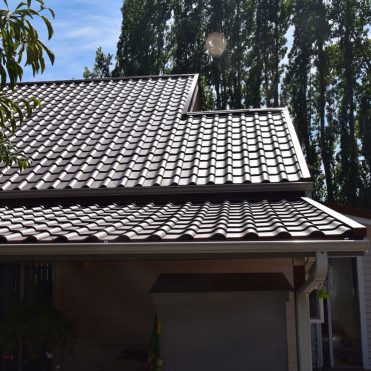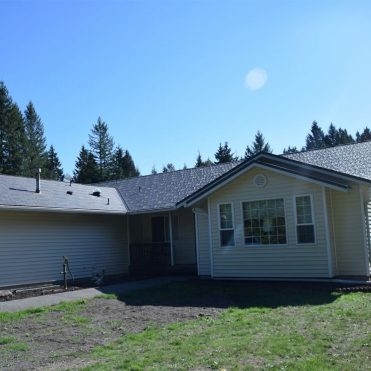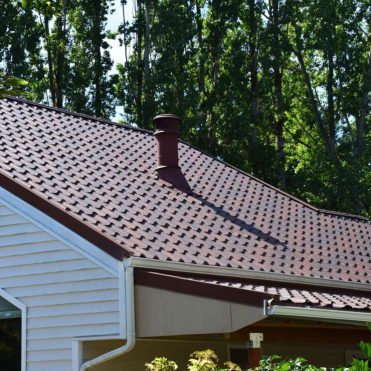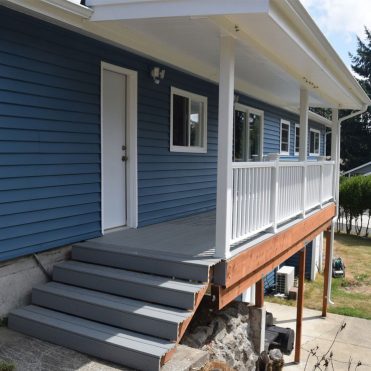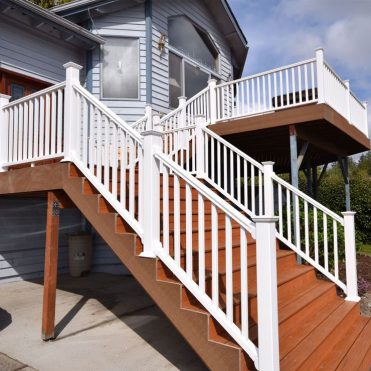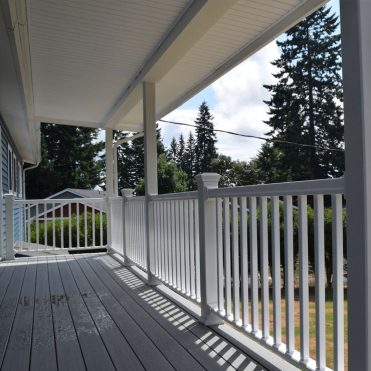How Thick Is Vinyl Siding?
Complete Guide from Washington State’s Siding Experts
If you are considering new siding for your home, you might be asking, “How thick is vinyl siding?” or “What is vinyl siding made of, and why choose it?” As experts who have guided Washington homeowners for over 50 years, we want to give you the straightforward information you need to make a confident decision about vinyl siding thickness, benefits, and insulation.
What Is Vinyl Siding?
Vinyl siding is a durable cladding material made primarily from polyvinyl chloride, often called PVC. This plastic-based product is engineered to protect your home from our Northwest weather. It covers the outside of your house, essentially acting as a waterproof and weather-resistant shield. Unlike wood siding, which can rot or require frequent painting, vinyl siding is engineered to stand up to moisture, pests, and sun exposure. It will not peel or flake and comes in a wide variety of colors, textures, and profiles—including options that mimic wood grain, cedar shake, or more modern panels.
Vinyl siding is popular because it is generally more affordable than alternatives like fiber cement or wood. It is also lightweight, making installation faster and less disruptive to your daily life. Maintenance is easy – routine cleaning is typically all that is needed, saving you time and money over the years.
How Thick Is Vinyl Siding?
Standard vinyl siding thickness varies, but most residential options fall between 0.040 and 0.046 inches. Entry-level and economy grades may be as thin as 0.038 inches, while premium or “ultra-thick” siding can reach 0.055 inches or even a bit more.
To give you a sense:
Builder grade or economy siding: Around 0.038 inches
Standard residential siding: 0.040 to 0.046 inches
Premium and “ultra-thick” siding: Up to 0.055 inches and above
Most homeowners in Washington find that siding around 0.044 inches offers a great balance of protection, appearance, and affordability.
Why Does Siding Thickness Matter?
The thickness of vinyl siding makes a big difference in performance. Thicker siding is generally stronger and more rigid, so it will handle high wind, hail, or the occasional flying backyard toy better. It is less likely to bend, dent, or warp over time. This is especially important here in Washington, where we see our fair share of wind, rain, and occasional storms.
That said, not every home needs the thickest siding. If your house is protected by landscaping or sits in a mild microclimate, thinner siding might do the job while saving on upfront cost.
Is Thicker Vinyl Siding Always Better?
While thicker vinyl siding usually offers superior strength and protection, it can also cost more. If you live in a neighborhood exposed to frequent storms, or if you want your investment to last as long as possible, premium grades are a smart choice. For homes with less exposure, standard thickness can still offer high durability and value.
What Is Insulated Vinyl Siding? How Does It Work?
Insulated vinyl siding is a form of standard vinyl siding that comes with a layer of foam insulation, usually expanded polystyrene, attached directly to the back of each siding panel. This foam is not part of the vinyl itself but rather a backing that increases energy efficiency. The insulated foam helps reduce heat loss through your home’s exterior walls, making your home warmer in winter and cooler in summer. This can result in lower energy bills over time.
Besides improved insulation, the foam backing boosts the rigidity of the siding, making it even more resistant to impacts and helping panels lay flatter for a cleaner appearance. Insulated vinyl siding is slightly thicker overall than non-insulated options, not because the vinyl itself is thicker, but due to this extra layer of foam.
How Do You Choose the Right Vinyl Siding Thickness?
Every home in Washington is unique. When we consult with you, we look at your home’s exposure to weather, its location, and your goals for appearance and protection. If you want extra insulation or increased durability, insulated vinyl or premium grade siding might be the best fit. If budget is your main concern and your home is sheltered, standard grade may suit your needs.
Our team at Builder Service Company takes the time to help you compare vinyl siding options so you can feel certain about your choice. We explain every difference, from thickness to installation to style.
Why Homeowners Choose Builder Service Company
With over half a century helping Washington State homeowners, we understand the local climate, building codes, and the unique needs of homes in the Pacific Northwest. We use the most trusted siding brands and proven installation techniques for long-lasting results. Our advice is always honest – no guesswork or confusing jargon.
Whether you need guidance on vinyl siding thickness, insulation, or simply want your home to look its best, our experts are here to provide clear answers and dependable service.
Ready to Talk About Your Home’s Siding?
If you are thinking about new vinyl siding or want help comparing product thickness or insulation options, call Builder Service Company today. We are ready to guide you through every step, from initial consultation to expert installation. Your home deserves siding that protects, insulates, and enhances curb appeal for years to come.
Contact us today to schedule a free consultation and discover the right vinyl siding thickness for your Washington home.




